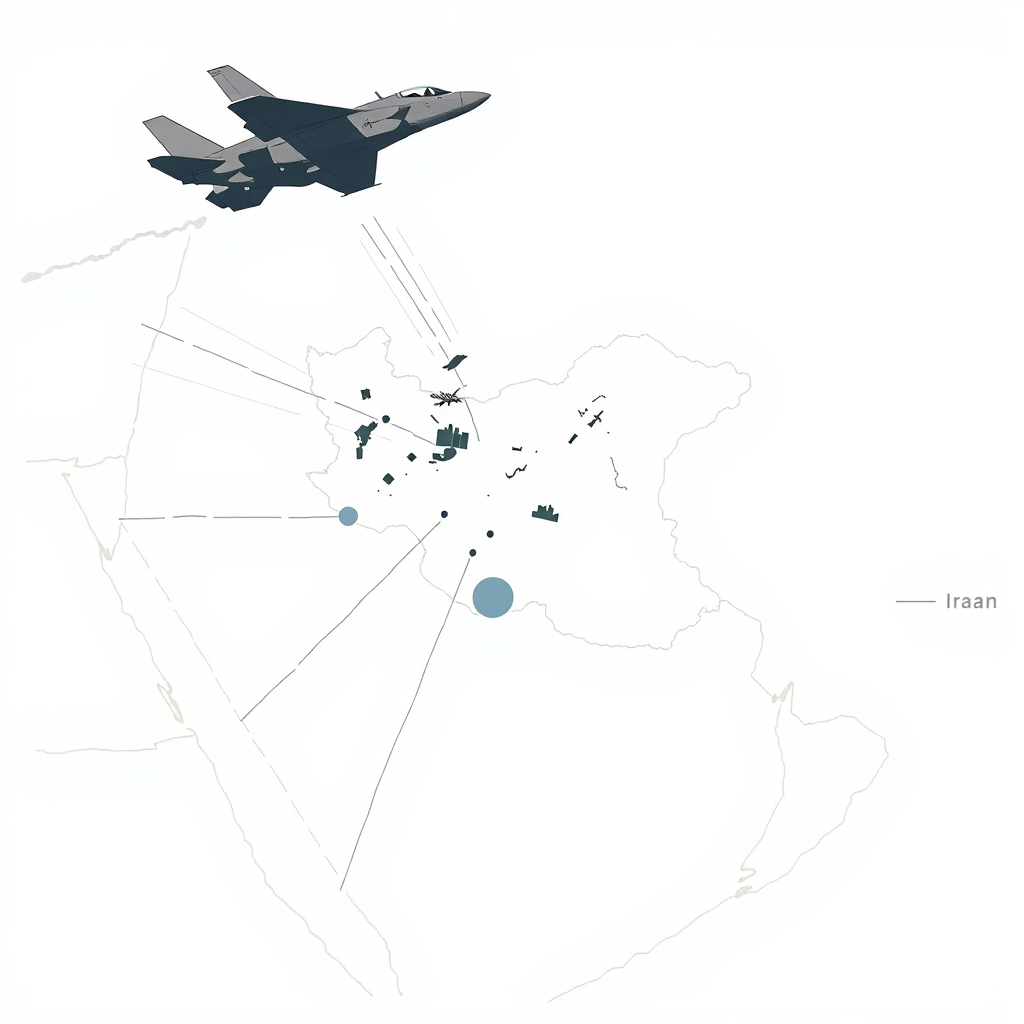Israel Strikes Iran: What Happens Next?

Recent Israeli strikes inside Iran represent a significant escalation of tensions, targeting not just nuclear facilities but also key military leadership and infrastructure, according to detailed accounts from national security expert Norman Roule. The operation, characterized by precision and a seeming lack of Iranian anticipation, has reportedly crippled command and control within Iran’s aerospace, ground, and naval forces. Roule, in a comprehensive analysis, suggests Israel’s objectives range from punishing Iran and potentially triggering internal dissent to compelling a complete halt to its nuclear program.
The strikes, which eliminated high-ranking officials including the head of Iran’s aerospace program and key military commanders, appear to have been meticulously planned and executed, exploiting vulnerabilities in Iranian defenses and intelligence gathering. Roule highlights the unprecedented nature of the operation, noting Israel’s sustained air superiority over Iranian airspace and the apparent failure of Iranian intelligence to detect or prevent the attacks.
While the immediate consequences remain uncertain, Roule outlines several potential outcomes. A best-case scenario involves Iran capitulating and abandoning its nuclear ambitions, potentially opening a path for diplomatic resolution. Another possibility is increased internal unrest within Iran, fueled by public dissatisfaction with the government’s handling of the situation. A more likely outcome, according to Roule, is a period of strategic recalibration, where Iran publicly maintains a defiant stance while privately reassessing its nuclear program and regional strategy.
However, the situation is fraught with risk. The strikes could provoke retaliatory action from Iran or its proxies, potentially escalating the conflict and drawing in other regional actors. There’s also the possibility of miscalculation or unintended consequences, leading to a wider conflict.
Roule emphasizes the potential for a shift in regional dynamics. A weakened Iran could create opportunities for other Gulf states to assert greater influence and potentially take on a more active role in countering Iranian aggression. The success of the Israeli operation could also encourage other countries to develop their own capabilities to deter or respond to Iranian threats.
From my perspective, this operation marks a dangerous turning point. While Israel may have achieved short-term tactical gains, the long-term consequences are highly uncertain. The escalation of tensions could destabilize the region further, increasing the risk of a wider conflict. The international community must prioritize de-escalation and diplomatic efforts to prevent a catastrophic outcome. The situation demands a careful and nuanced approach, recognizing the complex geopolitical dynamics at play and the potential for unintended consequences. The focus should be on creating a sustainable framework for regional security, addressing the root causes of conflict, and promoting dialogue and cooperation. The current trajectory is unsustainable, and a failure to address the underlying issues could lead to a more volatile and dangerous Middle East.